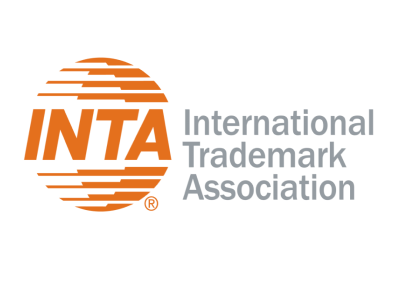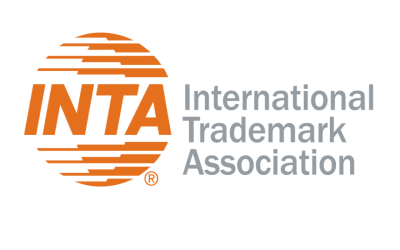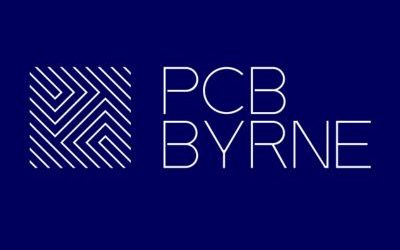New York, New York—June 4, 2024—The International Trademark Association (INTA) has filed an amicus brief (Third Party Observations) with the European Union Intellectual Property Office (EUIPO) enlarged Board of Appeal (Grand Board) in relation to the Referral by the EUIPO Executive Director of February 22, 2024, regarding a September 26, 2022, decision of the Fourth Board of Appeal in the case R 1241/2020-4, Nightwatch.
The case concerns ‘conversion,’ a practice allowing for European Union Trade Mark (EUTM) applications or registrations to be converted into one or more EU national or Benelux applications. Conversion provides a means to overcome issues of registrability/validity and to preserve the priority date of the initial EUTM application.
The Executive Director raised five questions in the referral, all related to the interpretation of the process of conversion, as follows:
- Does the expression “the decision of the Office” in Article 139(2)(b) EUTMR include decisions of the Office containing grounds of refusal of an EUTM application, where no appeal is brought under Article 66 EUTMR but where the EUTM is withdrawn during the appeal period set out in Article 68(1) EUTMR?
- Does the answer to question 1 differ where an appeal against the grounds of refusal is brought under Article 66 EUTMR but where the EUTM is withdrawn prior to a final dismissal of that appeal?
- Should Article 71(3) EUTMR be interpreted to mean that Article 139(2)(b) EUTMR includes decisions of the Boards of Appeal containing grounds of refusal of an EUTM application where no action is brought under Article 72 EUTMR but where the EUTM is withdrawn during the period set out in Article 72(5) EUTMR?
- Does the answer to question 3 differ where an action against the grounds of refusal is lodged under Article 72 EUTMR but where the EUTM is withdrawn prior to a final dismissal of that action?
- Does the answer to questions 1-4 differ where the relevant decision is rendered in ex parte or inter partes proceedings? If so, to what extent?
The referral focuses on the EUTMR provision that conversion shall not take place in the Member States where grounds for refusal apply in accordance with the Office’s decision. At issue is the interpretation of Article 139(2)(b) of the EUTMR, which bars conversion in those EU Member States where an EUIPO decision identifies grounds for refusal. According to the referral, this raises questions about whether such EUIPO decisions must have become final to prevent conversion. The Board of Appeal held in Nightwatch that ‘conversion’ shall not be excluded under Article 139(2) EUTMR in any Member State when the Office refuses an EUTM application and then the EUTM applicant withdraws its application during the appeal period without filing any appeal. In so doing, Nightwatch has thus taken an approach that differs from the long-standing practice in the Office’s Guidelines concerning the conversion of an EUTM.
INTA filed an amicus brief (This Party Observations) in support of the Nightwatch decision, arguing that all five questions raised by the Executive Director in the referral should be answered in the negative. In particular, the Association argued that the Grand Board should respond to the first and second questions that the expression “the decision of the Office” in Article 139(2)(b) EUTMR only refers to a final decision, meaning that it does not include EUIPO decisions refusing the EUTM application where no appeal was filed but the EUTM application was withdrawn during the appeal period (or where an appeal was filed but the EUTM was withdrawn prior to the final dismissal of the appeal). Similar conclusions should be drawn with respect to the third and fourth questions, which concern the status of the “final decision” of the EUIPO’s Boards of Appeal decisions and the withdrawal of the EUTM prior to or after filing an action before the General Court. Lastly, INTA argued that there is no reason why the approach should be different based on whether the relevant decision is rendered in ex parte or inter parte proceedings (the fifth question).
Read INTA’s Amicus Brief.
You may also like…
The International Trademark Association releases gender representation study
New York, New York—July 25, 2024—The International Trademark Association (INTA) has published Shattering Systemic...
UK Intellectual Property Office welcomes new IP Minister
The UK Intellectual Property Office (IPO) welcomes the announcement that Feryal Clark MP has been appointed...
PCB Byrne announces the promotion of Olga Bischof to its equity partnership
Olga Bischof joined PCB Byrne in 2023 as a consultant partner and brings with her a wealth of commercial litigation...
Contact us share your movers & shakers news













